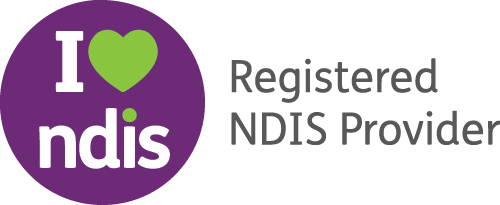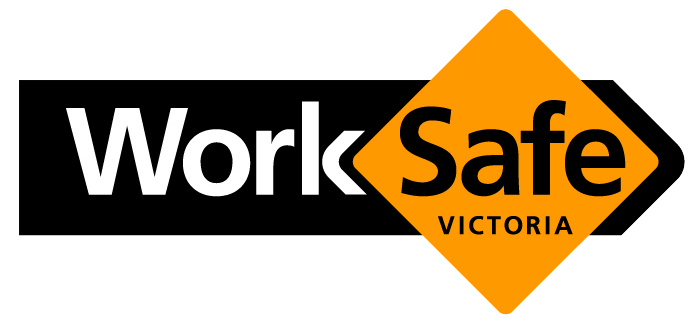The Dark Side of the NDIS: How Referral Fees Hurt Participants and Reduce Care Hours
Referral fee payments aren’t just unethical, they’re costing NDIS participants essential care hours. When hospitals, social workers, or even providers profit from referrals, participants lose out on the quality support they deserve.
In this article, we’ll uncover why referral fees remain a major concern, how they undermine participant choice, and what needs to change to protect people with disabilities. We’ll also share Hand in Hand Support Coordination’s stance, link to the full open letter, and invite you to listen to a podcast discussion featuring our Director, Katalin Jakus.
What Are Referral Fee and Why Are They a Problem?
Referral fee practices involve payments from service providers (such as NDIS core or capacity-building businesses) to referral parties like hospitals, discharge officers, social workers, or even support coordinators in exchange for client referrals.
While this practice predates the NDIS, it continues to impact participants today with serious consequences:
Reduces Participant Choice
Participants trust hospitals or government staff to recommend unbiased options. When money drives decisions, the participant’s choice is compromised.
Prioritises Profit Over Care
Referral fees incentivise decisions for financial gain, not participant wellbeing.
Inflates Costs and Wastes NDIS Funding
Providers paying referral fees often inflate costs to recover their expense, creating double-dipping and leaving participants with less funding for essential services.
Creates Service Gaps
When costs are artificially increased, participants receive fewer hours of care, undermining independence and quality of life.
As highlighted in our open letter to the NDIA and Ministers, these practices conflict with the NDIS principle of choice and control and erode trust across the sector.
Read the full open letter here.
The Risks of Conflict of Interest
Referral fees aren’t the only concern—conflicts of interest make the situation worse. When a single provider offers multiple services (such as support coordination, plan management, and SIL housing), there’s a risk that recommendations are influenced by profit, not participant goals.
The risks include:
- Limited provider choice due to biased referrals
- Monopolised services, reducing independence
- Lack of transparency about financial arrangements
Participants may not even realise their options are restricted or that they’re paying the price for hidden incentives.
What the NDIS Is Doing—and Why It’s Not Enough
The updated Conflict of Interest guidelines (June 2025) are a positive step, but referral fee payments remain unchecked.
While the NDIA has focused on price caps and reasonable funding levels under the Getting the NDIS Back on Track initiative, these measures fail to address unethical financial incentives that distort the market and harm participants.
Bottom line: Safeguards need to go further.
Hand in Hand’s Stance: Transparency, Always
At Hand in Hand Support Coordination, we have never and will never engage in referral fee arrangements. Since 2019, our commitment has been clear:
“Quality care over sharp practices.”
We stand for:
- Transparent decision-making
- Participant-first recommendations
- Advocacy for ethical industry standards
Our open letter to the NDIA and Ministers called for:
- Stronger conflict-of-interest audits
- Mandatory ASIC director checks
- Reporting systems for unethical practices
- Education for hospital and discharge staff on compliance
Our mission is to protect the integrity of the NDIS and ensure participants receive fair, safe, and high-quality support.
What Needs to Change
We’re calling for reforms that will make a real difference:
- Stronger enforcement of conflict-of-interest rules through NDIA audits
- Mandatory reporting of referral fee payments with penalties for breaches
- Regular ASIC checks on directors and senior staff
- Training for hospitals and community agencies to understand referral risks
These steps can restore fairness, protect participant choice, and improve trust in the system.
Listen to the Podcast: “Unpacking Referral Fees in the NDIS”
Want to learn more? Our Director, Katalin Jakus, recently joined Minh & Debbie on their podcast to discuss:
- The real impact of referral fees on participants
- Why these practices reduce care hours
- What stronger safeguards the NDIS needs now
Listen here:
Buzzsprout Podcast Episode

Why This Matters for Participants and Families
Participants deserve genuine choice and quality services, not recommendations driven by financial incentives. Here’s what you can do:
- Ask providers if they have referral agreements
- Request disclosure of potential conflicts of interest
- Choose providers who put your goals—not profits—first
Hand in Hand: Advocates for Fairness
We’re more than just NDIS Support Coordinators, we’re advocates for fairness and transparency. Based in Melbourne, we provide NDIS Support Coordination, specialising in Level 2 and Level 3 for participants with complex needs.
If you want a team that works with you, not for profit, let’s talk, call 1800 841 144
Final Thought
Referral fee practices have no place in a system designed to empower people with disability. Together, we can raise awareness, demand better safeguards, and make the NDIS fairer for everyone.

We hope this blog was useful.
Hand in Hand Support Coordination specialises in personalised NDIS Support Coordination for participants with complex mental health and physical disabilities across Melbourne and Victoria, focusing on Level 2 and 3 support to create tailored support that aligns with goals and budget.




